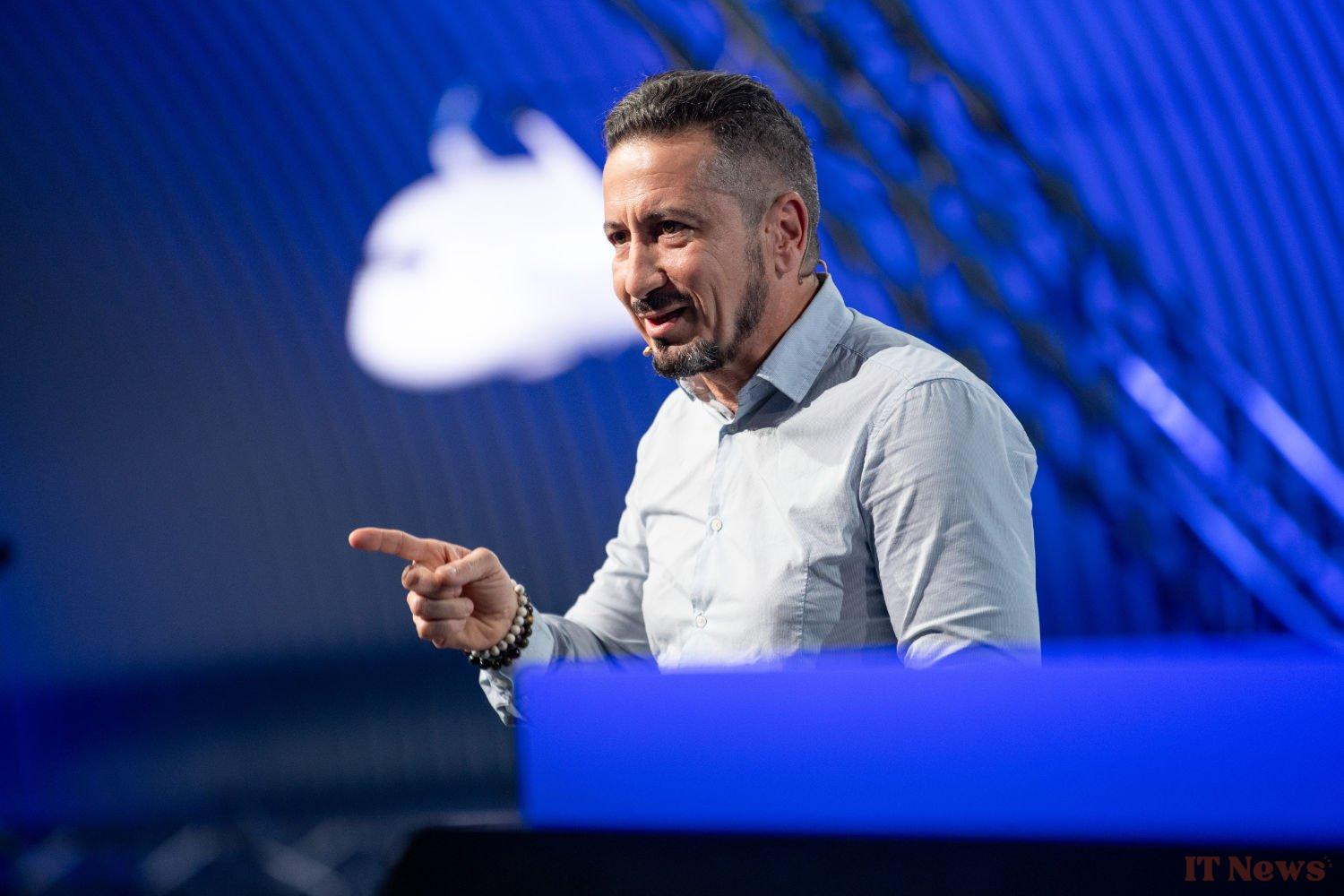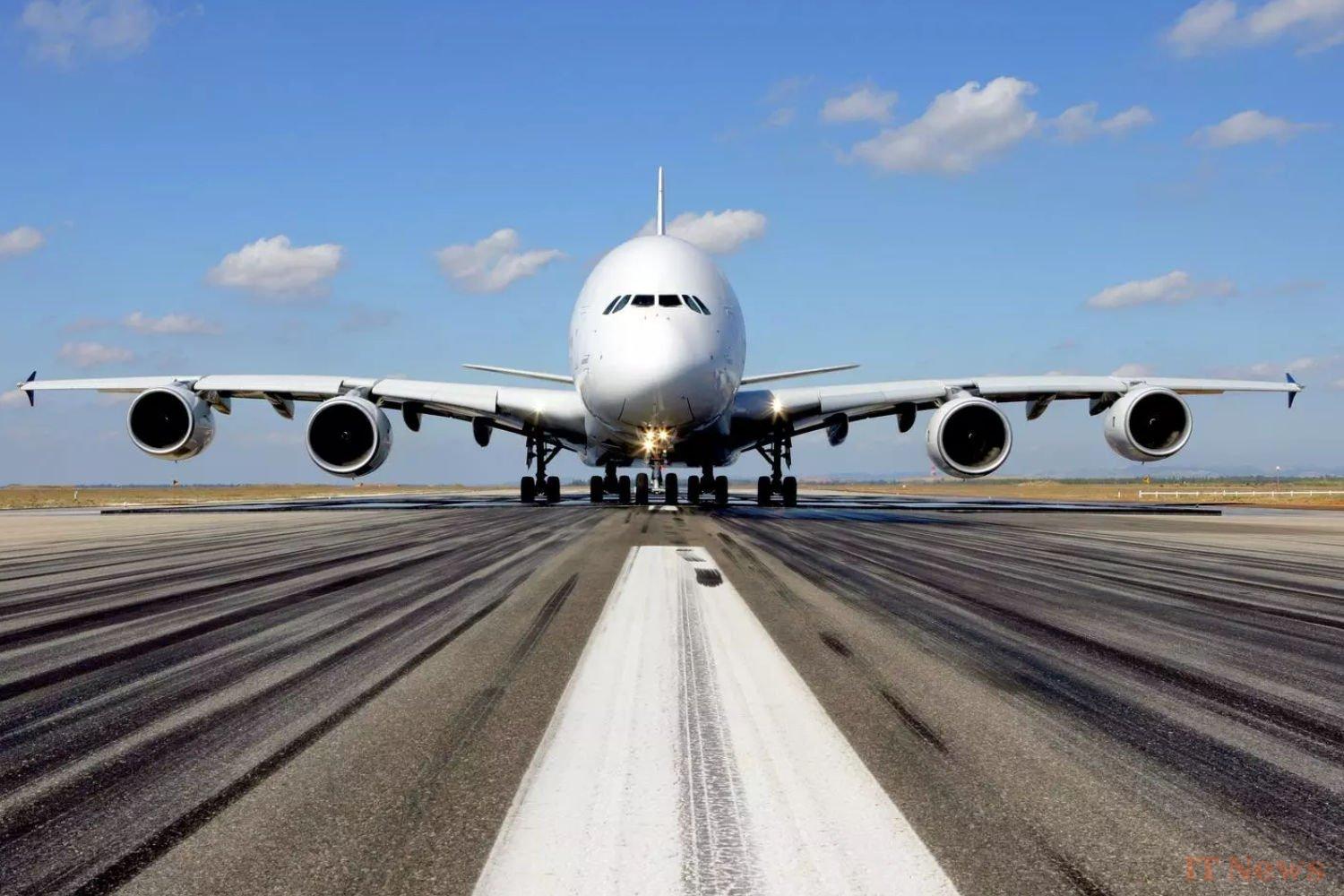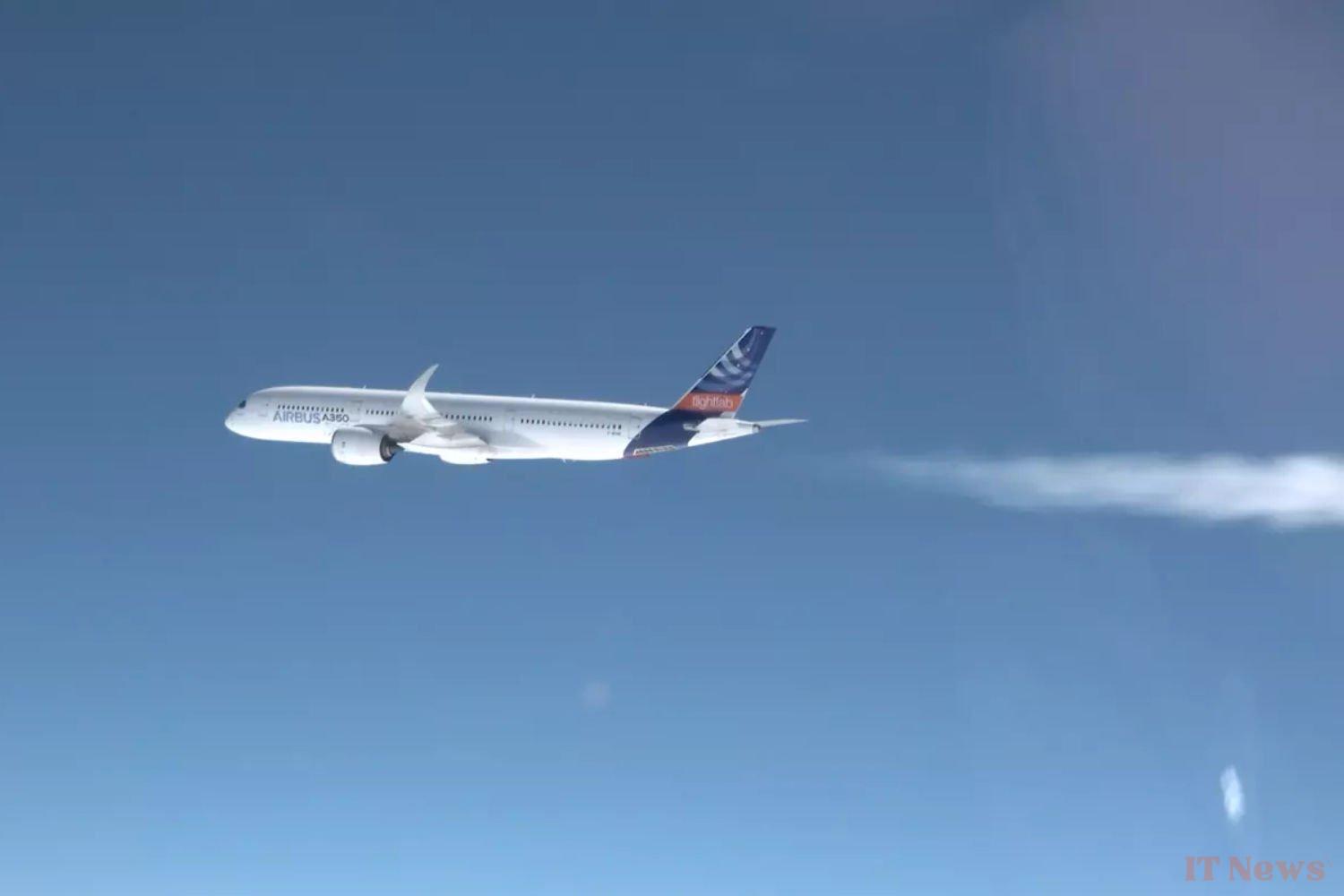Karim Mokaddem has a very unusual resume. He started out as a salesman at a major DIY retailer and is now the head of "Aircraft of Tomorrow," the Airbus program responsible for designing the aircraft of tomorrow. He's passionate about his daily life, searching for technologies that will shape the future for "the next 30 to 40 years."
JDG: Can you start by explaining your role today at Airbus?
Karim Mokaddem:Today, I'm in charge of research and technology for the aircraft of the future. I have to identify the technologies we can incorporate into aircraft to reduce fuel consumption, but also to bring new features, such as greater autonomy and connectivity.
It's a bit like preparing an extraordinary dish in a great restaurant. Before making this dish, we select ingredients, and we have to find the right recipe. My job is to test different combinations to find the one that works best. To continue the restaurant metaphor, you have to be sure that in the end you'll get the right star.
For that, I take ideas from everywhere, and my job is to test them, find their limits, and evaluate their potential. The goal is to always do better than yesterday.
What is your favorite part of your job?
The part I like the most... is when you face a difficulty and by putting the right people in the right places, you manage to find a solution. It doesn't solve all our problems, far from it, that would be too good to be true, but it shows that there is a way to make it work. It's very motivating and it pushes us to go even further in our work.
When you do research for the coming decades, like us, you can't rule out anything. We are facing the 4th revolution in aviation (after flying, doing it safely, and making it affordable for everyone - Editor's note): decarbonization.
The challenge we face is immense, and we will fly radically differently in 10 to 15 years. My job is to find the most efficient formula to achieve this result. We must reinvent the airplane. This is a task that the general public has difficulty understanding, because when we present models, our "airplane of the future" looks like an airplane.
Our children or grandchildren will always see the same planes in the sky. That won't change. But our onboard technology will be completely different. We need to work on this point from today, because we don't build an airplane like a car. The planes we are designing will fly for 30 to 40 years. With such a lifespan, we have no room for error.
And what part of your job do you like the least?
What I like the least is when someone explains to me that it's impossible. It's a question of mindset, I have trouble with that, I never tell myself it's not possible. I don't know what that means. It's not part of my vocabulary. In my eyes, nothing is impossible, there are just bigger or less obvious challenges than others.
What does a typical day consist of for you at Airbus?
A typical day is difficult to say, because the intention in my days is never the same. The truth is that behind a schedule, however busy it may be, what really matters is the intention. As soon as I wake up, I ask myself what the main elements of the day are. That will guide me and the rest comes quite naturally in the end.
But to answer without mincing words, my day always starts with a coffee. I take a few minutes to chat with the people around me. Regardless of their status, what I'm looking for is a quality exchange. It has to be something that makes sense. When I started my career in a DIY store, that's what I preferred: this human connection.
As for the rest, I want to say I work constantly. I've always had trouble understanding the theories of "cuts." Even though I leave the office at 6 or 7 p.m., my head doesn't stop thinking at that time.
You weren't "destined" to end up in such a position, though?
I certainly didn't see myself there 40 years ago. When I was younger, I was passionate about diving. I readily imagined myself as a diver with Commander Cousteau at my side. But ultimately, I'm not so far removed from that childhood dream. There's still a technological connection in what I do every day.
You also have to overcome fear, underwater as well as when faced with complex problems. Learning to understand the risks, their implications, these ingredients that made me, they are still there today.
To go from "diver" to Airbus, you had to come a long way?
It all happened quite naturally actually. I grew up in Algeria, and I came to France to study. That's where I discovered work, alongside my studies. I was a salesperson in a DIY store. I worked there for 3 years. It was a very enriching experience. I learned marketing, communication, and so many other things. It's still very useful to me today.
Academically, I went to engineering school, but I wanted to go further. So I got a doctorate in physics. I started by working at the French Petroleum Institute, then I moved into car engines. I spent 15 years at PSA. Then I wanted to change again, to move to the other side of the fence, to see how the projects I had worked on were financed.
I spent 3 years in that world, which had little to do with pure technology. So I switched, I worked in robotics and logistics for 4 years. Then I had the opportunity to join Airbus a little over 4 years ago. Today I learn every day. It's a real dream job.
Would I have bet on this x years ago? Certainly not. But I've always wanted to explore, surely, my diving side which is coming out (laughs).When I arrived at PSA, they told me "you're in a great institution now, you'll spend the rest of your life there," that made an impression on me. I remember it like it was yesterday. I always wanted to escape this monotony and I wanted to try things. I think that's what I managed to do." Failure is the best learning experience, even if it's very hard to realize it at the time. When we're heading straight for a wall, we're not saying to ourselves, "This is great, I'm learning a lot of things," but if we manage to get past that, that's when it's useful.
If you had one piece of advice to give to the new generation, what would it be?
The world is changing at the speed of human life. It's a reality. We're going to be in a more uncertain world, but one where commitment will be more valued. We mustn't be afraid, we must commit ourselves and not hold back. That's the most important thing. We mustn't try to win, we must try, as much as possible. We can't be satisfied with living on the cheap. We must see things through to the end, do them thoroughly; that's the best way to have no regrets.





0 Comments